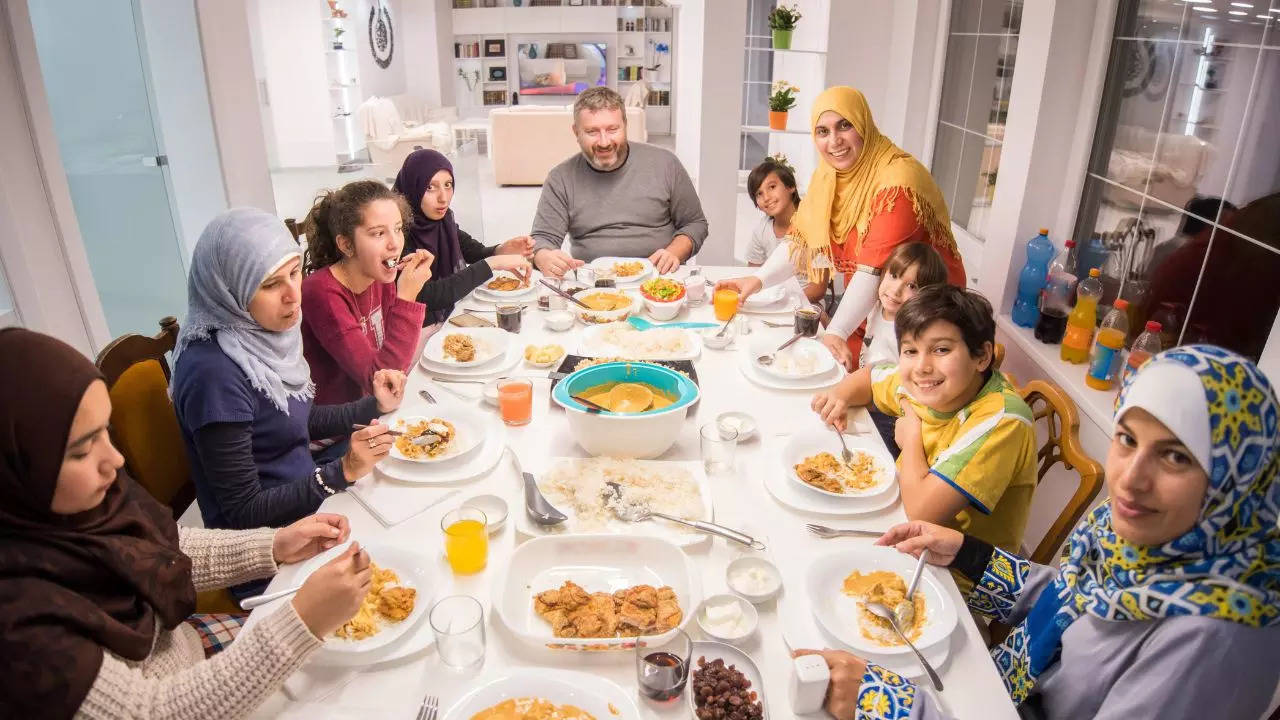UNESCO Recognises Ramadan Meal Tradition Of Iftar As Intangible Cultural Heritage
The application was jointly submitted by Iran, Turkey, Azerbaijan and Uzbekistan to the UN Educational, Scientific and Cultural Organisation (UNESCO)

Picture Credit: Canva
The UN cultural agency, UNESCO, has acknowledged iftar as part of the intangible cultural heritage—a meal marking the end of the daily fast observed by Muslims during Ramadan. This sociocultural tradition, jointly proposed by Iran, Turkey, Azerbaijan, and Uzbekistan, was officially recognized by UNESCO.
UNESCO stated, "Iftar (also known as Eftari or Iftor) is a practice among Muslims at sunset during Ramadan, following the fulfillment of religious and ceremonial rites."
Iftar, occurring after the sunset call to prayer in Ramadan, is linked to communal gatherings that "strengthening family and community ties and promoting charity, solidarity and social exchange," said UNESCO.
This enduring community custom received recognition from the Intergovernmental Committee for the Safeguarding of Intangible Cultural Heritage during its session in Botswana. UNESCO emphasised that "the iftar practice is typically transmitted within families, and children and youth are often entrusted with preparing components of traditional meals. During this process, parents also transmit knowledge about the benefits of fasting and the social values and functions of Iftar."
End of Article
Subscribe to our daily Lifestyle Newsletter!
Videos





03:18
Amitabh Bachchan's Heartwarming Moment with Grandson Agastya Nanda in front of his Fans

02:10
Raveena Tandon addresses CONTROVERSIAL statements regarding Khushi Kapoor and Agastya Nanda in The Archies

02:27
iQOO 12 5G | Glimpse of Exciting Leaks! | Funtouch OS Android 14, Qualcomm Snapdragon 8Gen3 & More

02:15
OnePlus 12 Design & Looks | OnePlus 12 Latest Updates | OnePlus 12 Colour Available | Gadget Times

03:53
Urfi Javed Flaunts her Topless Style | Jennifer Mistry's HEARTWARIMNG note for TMKOC













